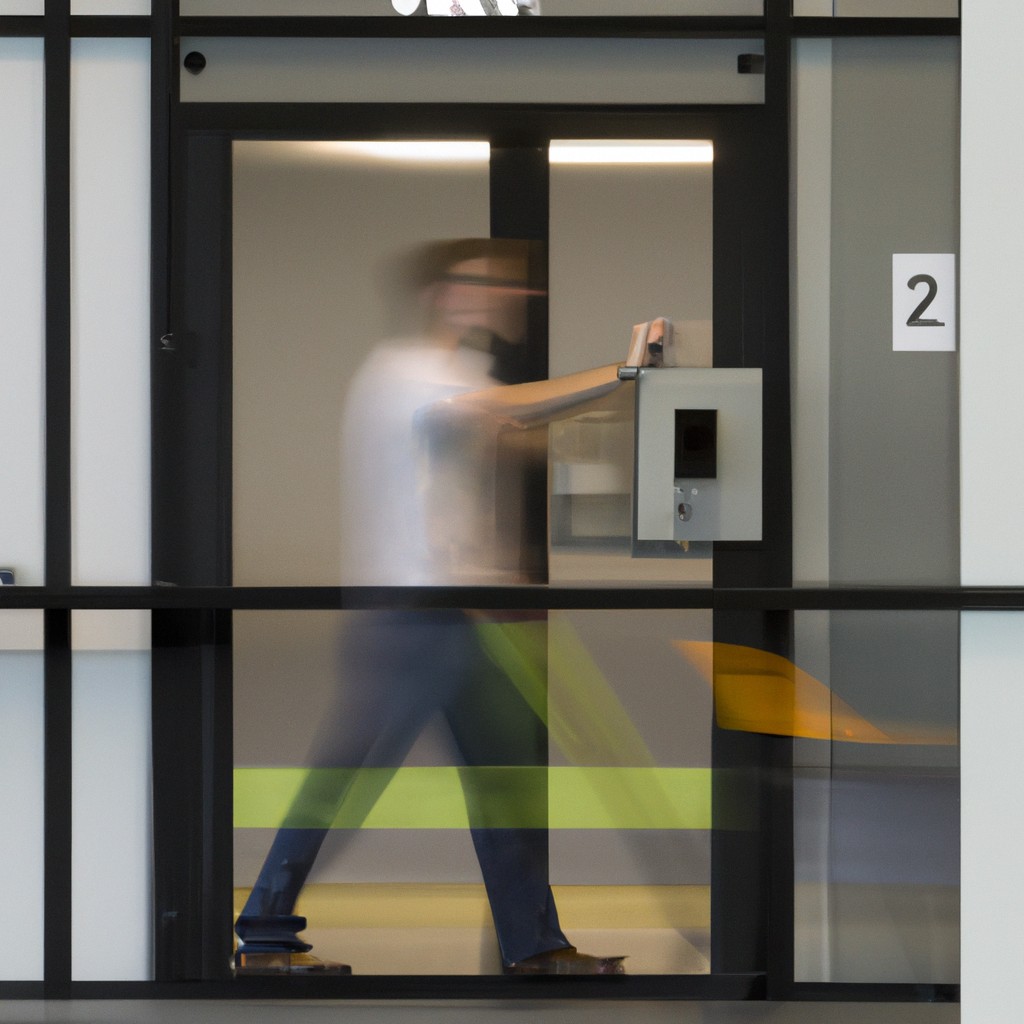Globalization and the rise of inequality

Globalization, the process of increasing interconnectedness and interdependence among countries, has been accompanied by a worrying rise in inequality. As economies have become more integrated, some individuals and corporations have benefited greatly, while others have been left behind. This growing divide between the haves and the have-nots has fueled social and economic unrest. The wealthy elite, with their access to global markets and resources, have amassed enormous wealth, while the working class struggles to make ends meet. The consequences of this inequality are far-reaching. It creates a sense of disillusionment and erodes social cohesion, leading to increased social and political tensions. If not addressed, this rising inequality threatens to destabilize societies and hinder progress towards sustainable development.
Read more
Critiques and limitations of policy responses to income inequality.

Critiques and limitations of policy responses to income inequality are worth considering. One critique is that policies like raising the minimum wage may lead to job loss. Another limitation is that policies focusing solely on income redistribution may neglect underlying causes of inequality. Furthermore, some argue that policies targeting income inequality can stifle economic growth and discourage innovation. Additionally, policy responses may fail to address wealth inequality, which can be a more significant factor in overall inequality. Lastly, the effectiveness of policies can vary across different contexts, making it challenging to implement a one-size-fits-all solution. These critiques highlight the complexity of addressing income inequality through policy measures.
Read more
Solutions and strategies to address social inequality.

Social inequality is a pressing issue that requires effective solutions and strategic approaches. One solution is to invest in quality education for all individuals, regardless of their socioeconomic background. By providing equal educational opportunities, we can empower disadvantaged individuals to break the cycle of poverty and social exclusion. Another strategy is to promote income redistribution through progressive taxation policies. This ensures that wealth is distributed more equitably among society, reducing the gap between the rich and the poor. Furthermore, implementing affirmative action policies can help address systemic discrimination and create a level playing field for marginalized groups. By combining these approaches, we can work towards a more inclusive and egalitarian society.
Read more
Definitions and types of social inequality

Social inequality refers to the unequal distribution of resources, power, and opportunities within a society. It can be categorized into three main types: economic, social, and political inequality. Economic inequality refers to disparities in income and wealth, with some individuals having significantly more financial resources than others. Social inequality encompasses differences in social status, such as education, occupation, and access to healthcare. Political inequality pertains to disparities in political power and influence, where certain groups may have more control and representation than others. These types of inequality intersect and reinforce each other, creating systemic barriers and disadvantages for marginalized groups. It is crucial to address social inequality to ensure a fair and just society for all.
Read more
Causes and consequences of social inequality

Social inequality is a pressing issue that stems from various causes and has far-reaching consequences. One major factor is economic disparity, where certain individuals or groups have more wealth and resources than others, leading to unequal opportunities and outcomes. Discrimination based on race, gender, and other factors also contributes significantly to social inequality. This unjust treatment limits marginalized communities from accessing education, healthcare, and employment opportunities, perpetuating a vicious cycle of disadvantage. The consequences of social inequality are detrimental to individuals and society as a whole. It leads to increased poverty, limited social mobility, and a widening wealth gap, which can breed social unrest and instability. Consequently, addressing the causes and consequences of social inequality is indispensable for creating a more equitable and inclusive society.
Read more
Impact of Minimum Wage on Poverty and Income Inequality

The minimum wage laws have a significant impact on poverty levels and income inequality in society. By setting a baseline wage that employers must pay, it helps to ensure that workers earn a decent living and are not trapped in poverty. This, in turn, reduces income inequality by providing a more equitable distribution of wealth. Studies have shown that raising the minimum wage can lift many individuals and families out of poverty, improving their quality of life and providing them with better opportunities for economic advancement. However, critics argue that increasing the minimum wage could lead to job losses and business closures. Balancing these potential outcomes is crucial in creating a fair and just society.
Read more
Government programs aimed at reducing income inequality

Government programs that address income inequality are aimed at reducing the gap between the rich and the poor. These initiatives aim to provide support to low-income individuals and families, offering them opportunities to improve their economic situations. Through social welfare programs, such as cash assistance, food stamps, and subsidized housing, the government helps alleviate the burden of poverty. Additionally, access to affordable healthcare and education is provided to ensure equal opportunities for all. By implementing progressive tax policies and minimum wage laws, the government strives to create a more equitable and just society. These programs attempt to uplift disadvantaged communities and promote social mobility, fostering a sense of fairness and unity among the people.
Read more
Future challenges and opportunities in addressing income inequality

Addressing income inequality presents both challenges and opportunities in the future. Income disparities within societies can lead to social unrest and a sense of injustice among citizens. To tackle this issue, policymakers must implement policies that promote equal opportunities for education and employment. By investing in education and vocational training, individuals from disadvantaged backgrounds can acquire the skills needed for higher paying jobs. Additionally, governments can introduce progressive taxation systems that redistribute wealth more equitably. However, addressing income inequality also presents opportunities for innovation and economic growth. By narrowing the income gap, societies can foster social cohesion, which in turn stimulates productivity and entrepreneurship. Ultimately, finding effective solutions to income inequality is crucial for building sustainable and inclusive societies.
Read more
Effectiveness of government policies in addressing income inequality

Government policies play a pivotal role in addressing income inequality. By implementing progressive taxation systems, the government can redistribute wealth and ensure that the burden falls on those who are more financially capable. Additionally, allocating funds to education and job training programs equips individuals with the necessary skills to access higher-paying employment opportunities. Social welfare programs such as affordable housing and healthcare assistance can provide a safety net for vulnerable populations, mitigating the impacts of income inequality. However, it is crucial for governments to regularly evaluate and adapt their policies to address emerging challenges and ensure their effectiveness in reducing income inequality. A comprehensive approach combining both economic and social policies is necessary to create a more equitable society.
Read more
Education inequality

Education inequality is a pressing issue that plagues societies worldwide. It is a stark reality that some children are trapped in a cycle of limited opportunities, hindered by their socio-economic backgrounds. Inadequate resources and underfunded schools contribute to this systemic problem. These disparities perpetuate a gap, denying students a fair chance at success. The consequences are far-reaching, affecting not only individuals but also communities and economies as a whole. Education is touted as a key to unlocking a brighter future, but when access is unequal, the potential for growth and progress dwindles. Addressing education inequality is crucial for fostering a more equitable and inclusive society.
Read more












